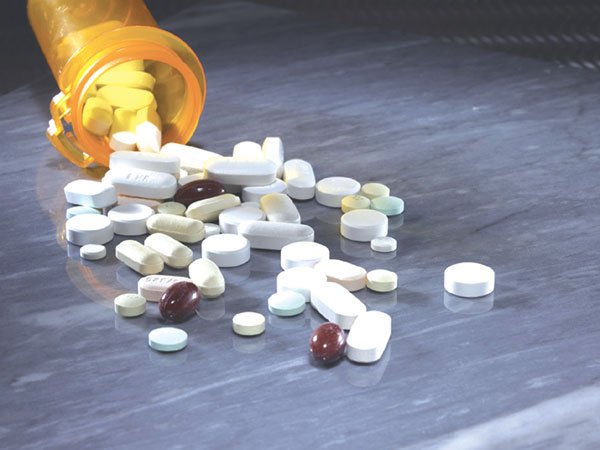Reading through all of the information in a prescription packet
can be exhausting, but skipping the tutorial on a medication could
cost patients the effectiveness of their treatment. Proper storage
of medicine is essential in insuring its potency, so take note of a
few things the next time you visit the pharmacy.
Reading through all of the information in a prescription packet can be exhausting, but skipping the tutorial on a medication could cost patients the effectiveness of their treatment. Proper storage of medicine is essential in insuring its potency, so take note of a few things the next time you visit the pharmacy.
Sunlight
Most medications, particularly tablets, need to be stored out of direct sunlight, which can damage them directly or cause them to get too hot. This is a particular problem when medicines are left on a car’s seat.
Temperatures in the enclosed area can easily exceed 100 degrees on a warm day. Most medications need to be kept at room temperature – between 65 and 75 degrees, according to Ali Nowbar, manager of the Nob Hill Pharmacy in Hollister.
If a medication must be stored in the car for some reason, it should be placed in a small empty ice chest, said Jeremy Kwang, a staff pharmacist at Morgan Hill’s Longs Drugs Store.
Moisture
A bathroom medicine cabinet may seem like the most convenient place to store your prescriptions, but the moisture created by showers or bathtubs may affect their effectiveness. Try storing them in a kitchen cabinet or drawer that is out of a child’s reach said Banjie Quiambao, a pharmacist at Longs Drugs in Gilroy.
Some antibiotics require refrigeration and should be clearly marked, added Quiambao. Insulin and other medications may also need it, but unless specified on the box, refrigerating a prescription is a no-no.
“Most children’s antibiotics have to be refrigerated and sometimes parents will leave them out overnight,” said Nowbar. “But you get the opposite, too, with parents who store medications in the refrigerator that should be kept at room temperature.”
Kwang said it’s the same concept as in the bathroom.
“If they are getting moisture, the pills will probably become soft or stick together,” he said. “If they’re damaged you don’t know what dosage you’re going to get, so most people are underdosing if they take them.”
One of the most sensitive medications to moisture is nitroglycerin, commonly used by patients with heart problems. It’s so sensitive, in fact, that it must be kept in its original glass bottle at all times. For safer storage, the bottle can be placed inside a larger plastic vial with an easy-open top, but never remove nitroglycerin tablets from their original packaging, said Nowbar.
Expiration dates
Cream and liquid medications may have radical differences in their expiration dates depending on whether or not they have been opened, said Kwang. Be sure to read all the information on the packaging.
“Certain eye drops, for example, will be good until the package expiration date if they’re in our refrigerator, but when you take them home and open them they’re only good for about six weeks,” said Kwang. “It’s also the case with some creams like acne creams.”
As always, pharmacists recommend against taking expired medications. Their potency may not be what it once was and may not be enough to treat a health problem effectively.













